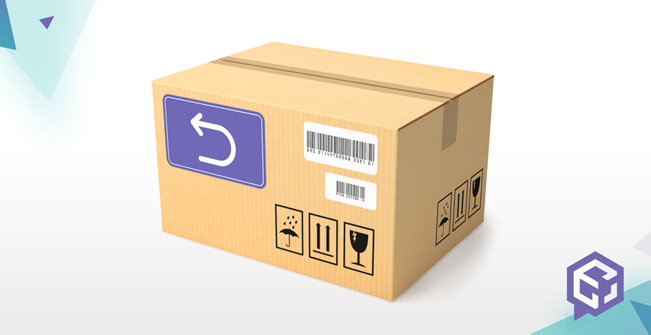We must not forget about data protection. The General Data Protection Regulation (GDPR), which regulates how to handle personal data of natural persons, has been in force since 2018. In addition to name, surname or date of birth, personal data subject to stricter security include IP address, photographic record or organisational data of natural persons engaged in business (email address, telephone number or other identification data).
Most websites, including online shops, address GDRP or the use of cookies by using pop-ups when the page loads. However, this can have a negative impact on traffic and conversion rates, especially for non-EU customers. It is therefore worth investing in localised websites for individual foreign markets, which will also correspond to the security policy of individual countries.
Logistics: storage, collection points, transport
The price of shipping and the speed of delivery is one of the key factors that customers use to choose who to buy from. The speed of transport is also increasing due to the pandemic, so many online shops are now opting for a strategy of one central warehouse in the Czech Republic, from where they send goods all over Europe. Delivery times to Germany today are just 1 day, to France 2 days and to Romania or Bulgaria 2– 3 days.


Customers send in returns that our on-site worker receives, sorting and scanning the returns. You can see in real time who to refund or send new goods to.
Vrtík and his team recommend checking with your current carrier for details on international delivery: “Ask your carrier for a quote for parcels abroad, they will often offer better terms thanks to their long-term cooperation. This will give you an idea of prices and you can also ask other freight forwarding companies for a quote.” If the prices of shipments abroad will be significantly different than shipping within home market, you need to consider whether the shipping should be reflected in the price of the product or whether you will have to count on a lower margin.
Reverse logistics
A successful fashion store dispatches between tens and hundreds of thousands of shipments a year, yet up to a third of orders may be returned. And reverse logistics is not only a costly challenge for the fashion segment, where 9 out of 10 users have returned at least one piece of clothing or shoes purchased online in the last three years: the average online shop generates 3-5% of unclaimed goods per month.
A collection point can help you tame, speed up and cheapen the flow of returns. You can rent the option of using local addresses and reverse logistics from companies like Expandeco, monthly fees for one market ranging from EUR 60 to 100. How does it work? You list the collection point on your website as the address for receiving claims and returns in that country. “Customers send in returns that our on-site worker receives, sorting and scanning the returns. You can see in real time who to refund or send new goods to. Customers don't wait. Stored and labelled packages are shipped to your warehouse or to another address at a time interval we agree. Your employees save time, everything is registered,” Foltánová describing the process.










